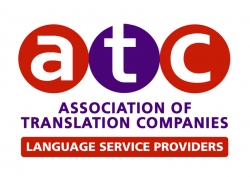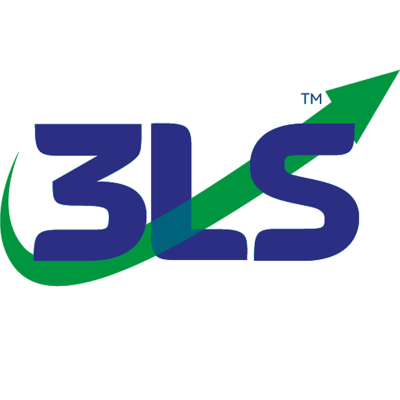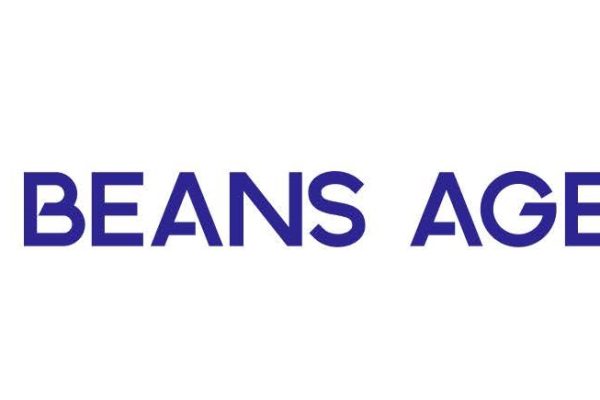Certified Translation – Getting It Right provides guidelines for clients, translators and translation companies on…

A survey of Europe’s Language Service Providers (LSPs) indicates continued optimism for the sector with more than two thirds of UK respondents predicting market growth for 2017.
Nearly two thirds of UK Language Service Providers (LSPs) are forecasting an increase in language industry activity throughout 2017, compared to a European average of 55%.
UK LSPs forecasts for their own business performance are equally encouraging, with almost two thirds expecting a year-on-year increase in sales and just under a third suggesting they will be increasing their staff numbers (both these figure are in line with European averages).
The poll was commissioned across 48 European countries jointly by the European Union of Associations of Translation Companies (EUATC), the Globalization and Localization Association (GALA), the European Language Industry Association (ELIA) and the European Commission’s European Master’s In Translation programme (EMT) and its Language Industry Web Platform (LINDweb) project.
When looking at the source of growth, 29% of UK participants expect to expand their operations abroad, while 18% predict growth will be home grown either through acquisition or the establishment of new premises. And, it seems the two main verticals driving growth are manufacturing and automotive, named as the most important sectors by 21% of UK respondents.
Geoffrey Bowden, General Secretary for the Association of Translation Companies, the UK’s leading professional body comments: “The language industry is of significant value, both in its own right and also in the value which it adds to the private sector. The UK industry alone is worth in excess of £1billion, employing 12,000 people and supporting companies in everything from retail to tourism and ICT.
“Against the uncertainty of Brexit, the UK language industry’s forecasts for 2017 are very encouraging and, if industry professionals are right, we can expect to see UK market exceeding pre-2016 levels of business.”
Geoffrey continues: “A recent survey of UK LSPs indicated that our impending departure from the EU rated as the industry’s top concern. Apart from the uncertainty surrounding the future of UK-based linguists, who are EU citizens, other top issues cited in the report included unfettered access to the Single Market; the introduction of tariffs making language services uncompetitive; the added expense of bank transfers outside of the EU; the impact of currency fluctuations and concerns that an exit will lead to burdensome bureaucracy.”
Looking at European sentiment as a whole, which ranged from 94% positivity in Slovenia to a concerning minus 17% in Austria language industry market, key factors shown to be influencing levels of optimism are pressure on pricing and how LSPs can differentiate themselves in a crowded and competitive market place, which ranked first and second respectively in a list of the most challenging factors facing companies in 2017.
For the second year running, machine translation is listed as the most important trend impacting the industry, however its uptake still remains limited, with almost half of UK translation companies and language service professionals not yet investing in the technology, rising to 63% when looking at Europe as a whole.
Geoffrey concludes: “There are a significant number of factors which will work together to shape the evolution of the language industry over the course of the next few years, from the adoption of new technologies to the impact of broader economic and political conditions.
“While we must accept that some of these are not within our control, it is vital for UK LSPs to adopt a pragmatic attitude to challenges and opportunities which they can influence. Client expectations are continually increasing and it will be those companies, regardless of size, which respond best to these which will reap the rewards in the months and years to come.”



